AT HOME
Leadership arrived early in my life: around the same time my younger brother arrived and started crying. From speaking baby talk to building him a “hut” under my desk so he could play while I studied, from coaching him to make a science project video that was more than a flat “Hi, today I will be talking about”…
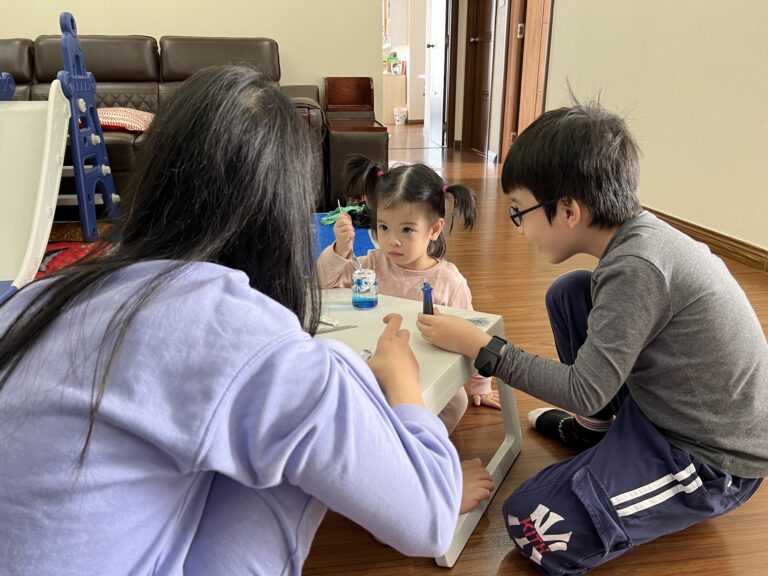
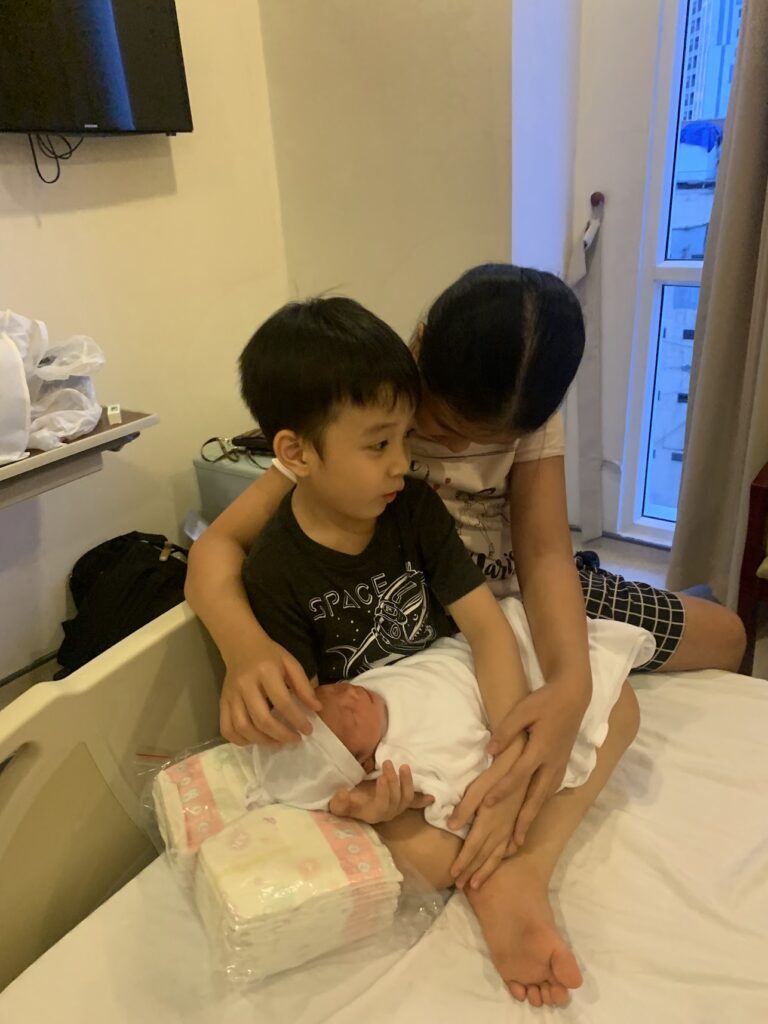
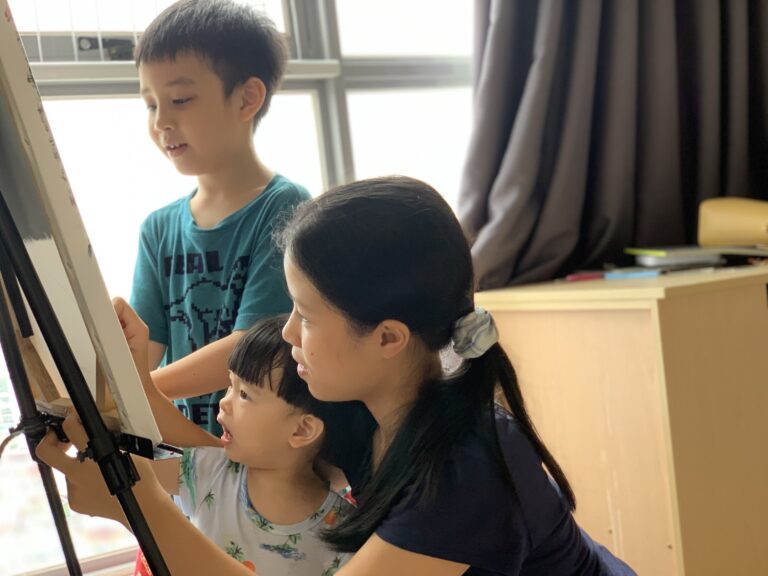
…to guiding him in teaching our youngest sister the same lessons in love and leadership, I learned something early: when you’re the first to lead, you set the foundation: the tone for how problems are handled, how voices are heard, and how people feel safe, seen, supported. In short, you set the spirit.
In short, you set the spirit
AT SCHOOL
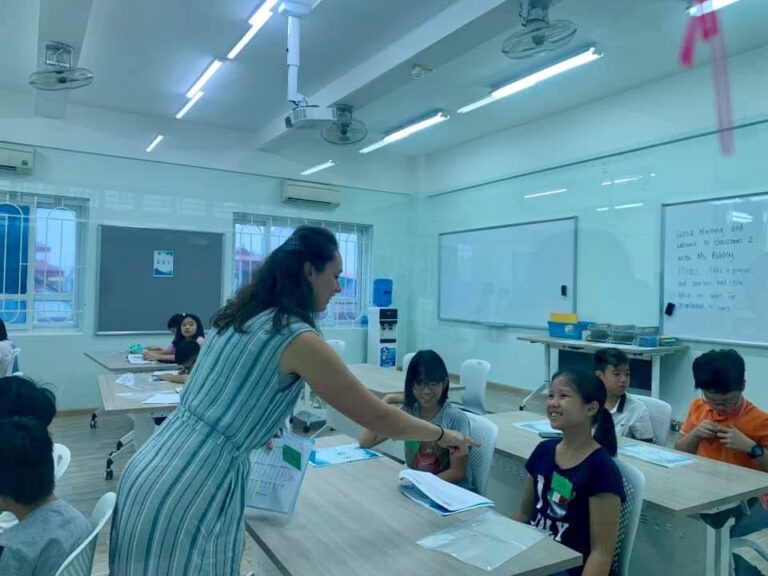
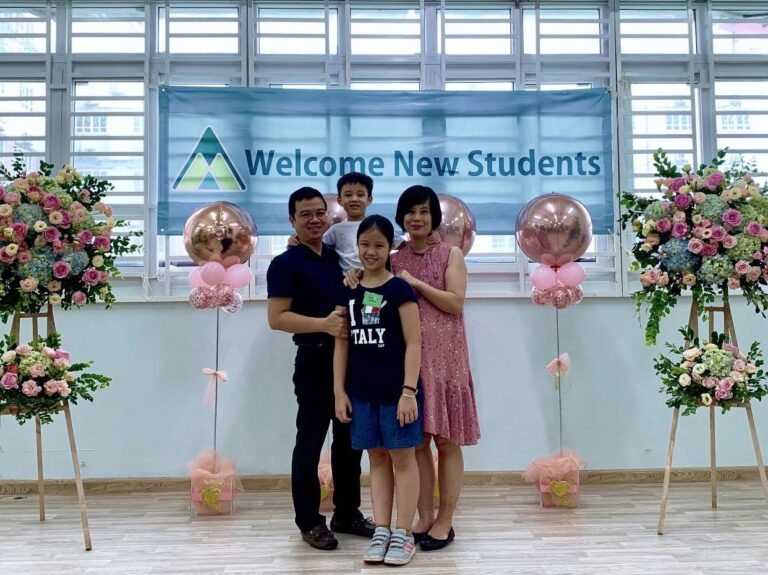
That foundation carried into 6th grade, when I entered Delta Global School as part of its pioneering class. Being a pioneer wasn’t just about adapting to a new school: it meant helping to shape its culture from scratch. There were no precedents, no upperclassmen to follow, no traditions to lean on. Every rule we agreed on, every event we organized, every way we supported one another became part of the blueprint for the classes that came after us.
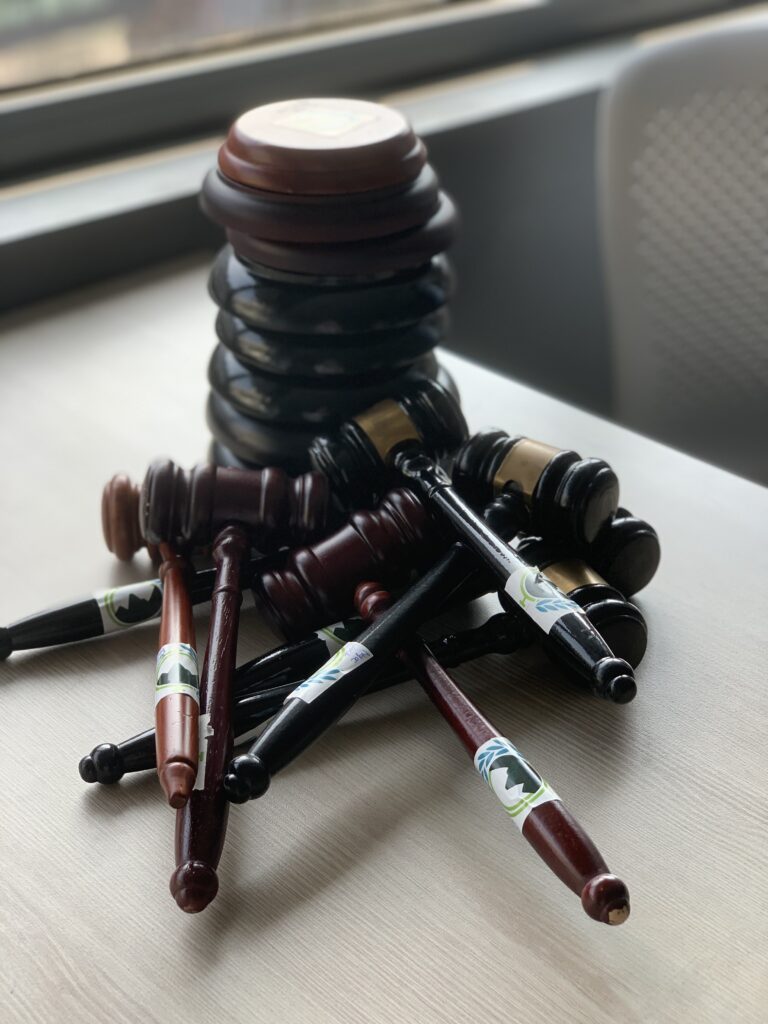
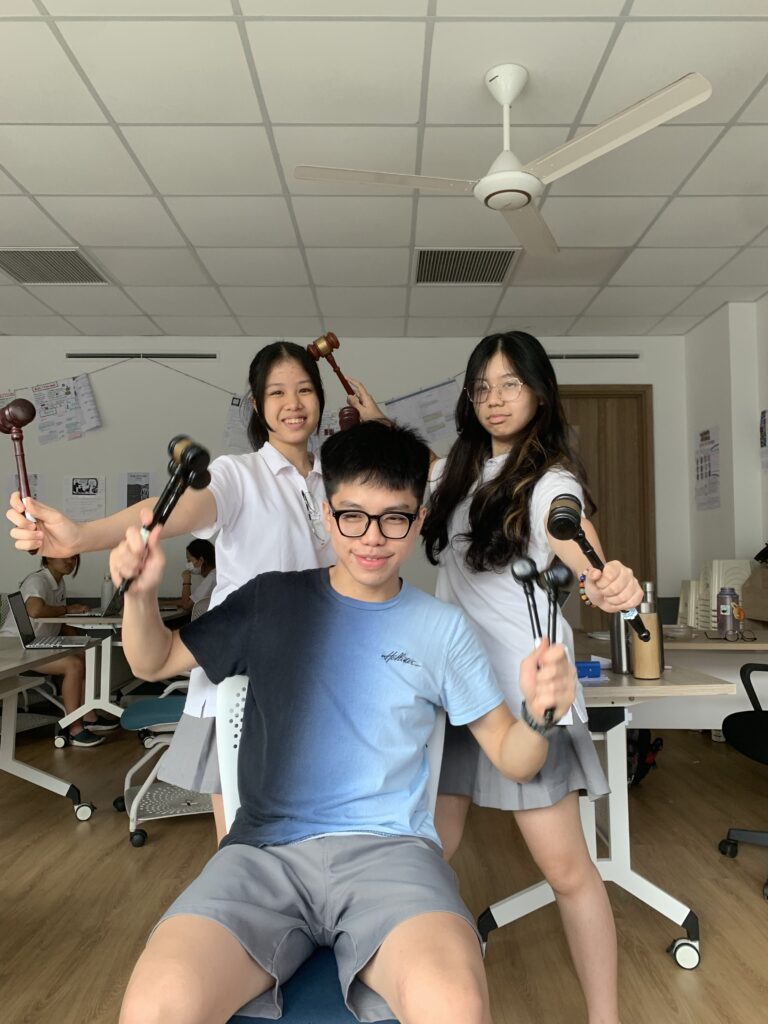
As much as I was helping to shape my school, it was also shaping me. I began to notice how experiences outside school could enrich the culture we were creating inside it. When I joined Model UN in grade 8, I was captivated by the diplomatic discussion, the collaboration, the sense of stepping into the shoes of world leaders. By grade 9, I had founded our school’s own MUN club with a group of friends, which makes me realize how my own passion can create meaningful experiences for others.
But the more involved I became, the more I noticed the gaps. Despite our efforts to build community, there were no formal student leadership positions. It was meant to encourage “inclusivity,” but instead it left us without a structure to organize, represent, or advocate for one another. As I sat in the faculty meeting room, discussing the leadership structure of the Model United Nations club I co-founded, I felt as if I was standing at a crossroads: accept the belief that inclusivity meant avoiding hierarchy, or advocate that leadership could strengthen it. I knew the choice I made would not just shape my role in the Model United Nations club but also redefine what inclusivity meant for our community. So I chose the latter, spoke up, and ran in our school’s first election. My first club wasn’t just about starting something, it was about paving a way for others to lead after me.
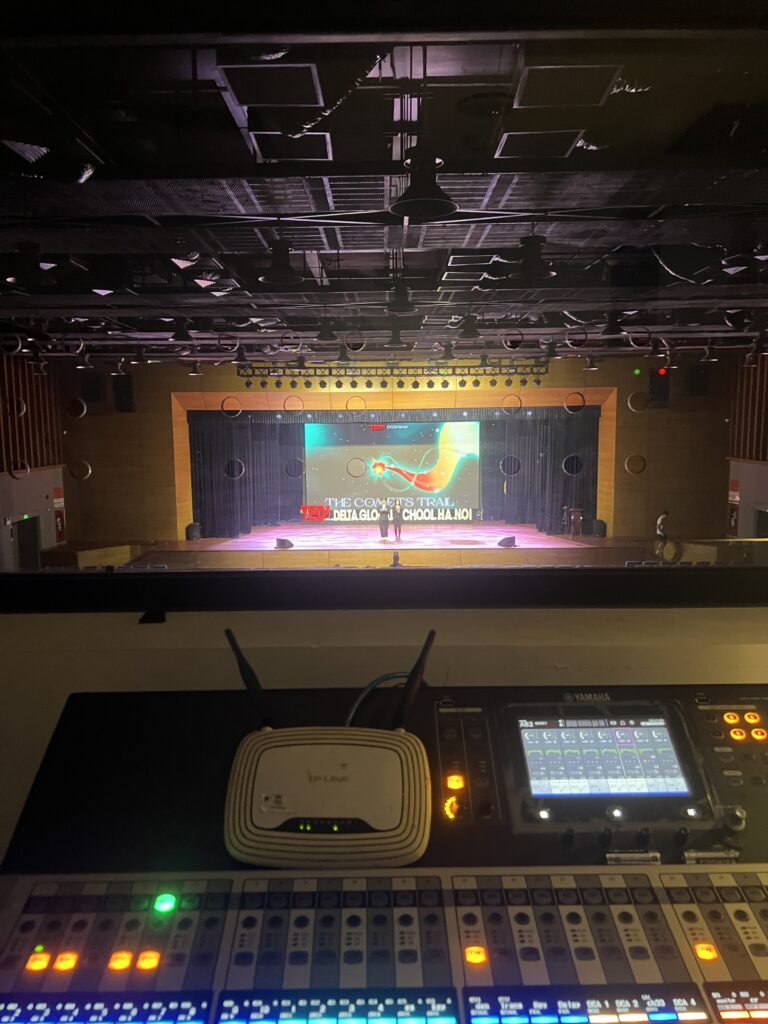
In the following year, I wanted to step beyond debate and MUN and try new forms of public speaking, so I became a speaker at TEDxConcordia. Standing on that stage, I felt the power of sharing a story to inspire. That moment made me think about DGS, about how all of us carried so much pressure, yet rarely admitted it. What we needed wasn’t another stage to shine, but a space to share stories honestly, reminding one another that our pressures were shared, and that they could be overcome. So I brought TEDx back to DGS with a group of friends, organizing our first TEDxDGS under the theme Ambitions & Aspirations.
In grade 11, I founded our school’s Business Club and organized its first charity fair, complete with the school’s first-ever student-run pop-up store. Watching students sell handmade candles and pitch their ideas, I saw what could happen when students are trusted to create from scratch. My own club rented a cotton candy machine and sold cotton candy to eager students. What started as sticky fingers and pink sugar clouds became my first lesson in the messy, joyful reality of entrepreneurship.
Later that year, I ran for Student Council President. Looking back, my proudest moments weren’t shining on stage, but when a sixth-grader ran up to me on Halloween, our very first event, and handed me a treat he’d made himself, saying, “I saw you running around so much, you must be tired.” Or when our backstage team huddled together for a photo beside the board showing how much we’d raised for our charity project. Or when we finally arrived at the mountain school we were helping to renovate and made the magic hope tree together, students, teachers, and staff, and us all pressing our handprints side by side. Or when the term was ending, and my vice president and I handpicked gifts for everyone, giggling as we tried to find something that fit each person just right. Or that last day, standing around boxes of pizza, realizing how close we’d become since the beginning.
All my favorite moments for Student Council were about caring, laughing together, getting tired together, and building something that felt like a family.
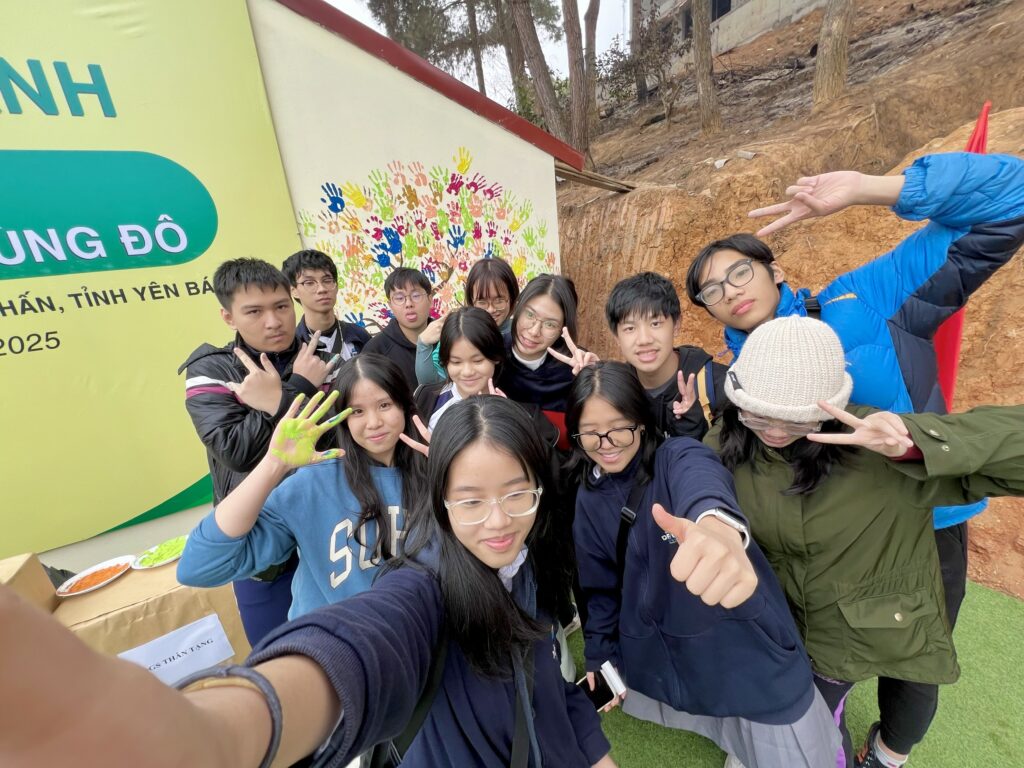
Our Sung Do squad 😎
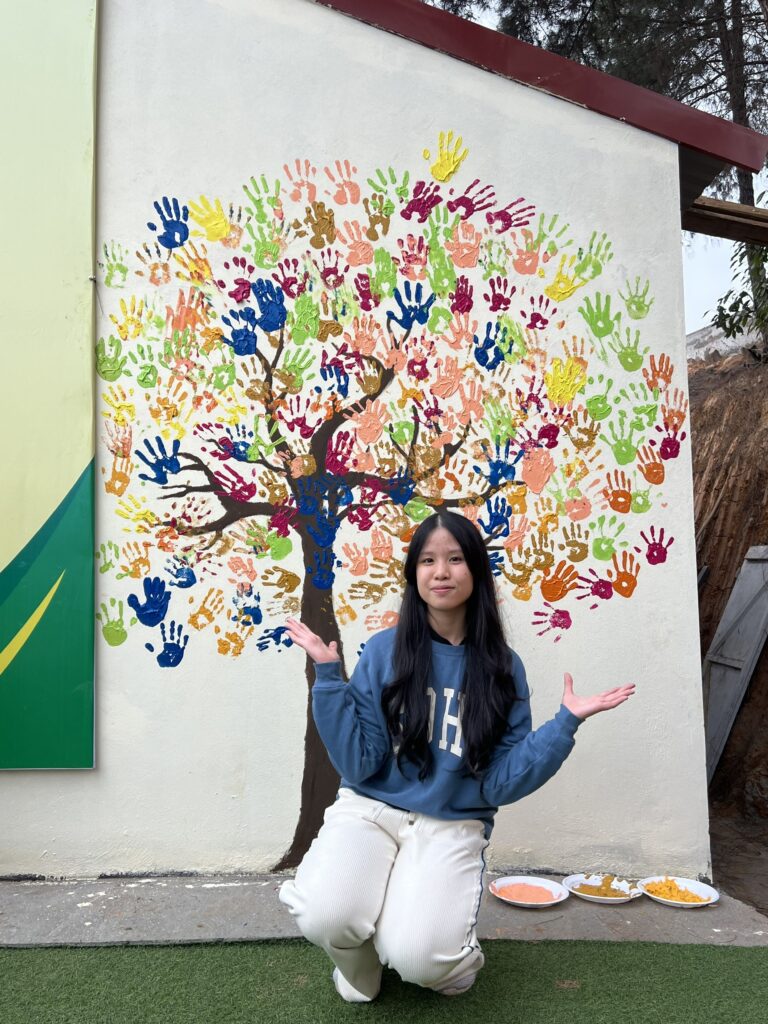
The magic hand (hope) tree 🌳
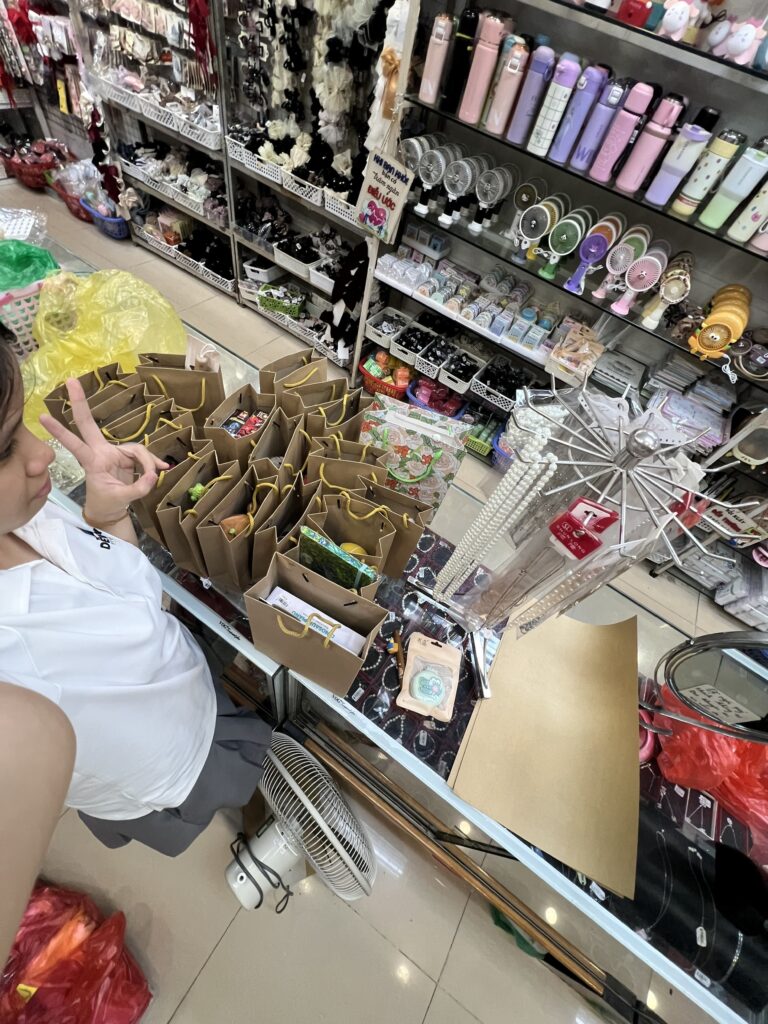
Gift factory unlocked 🛒🎁
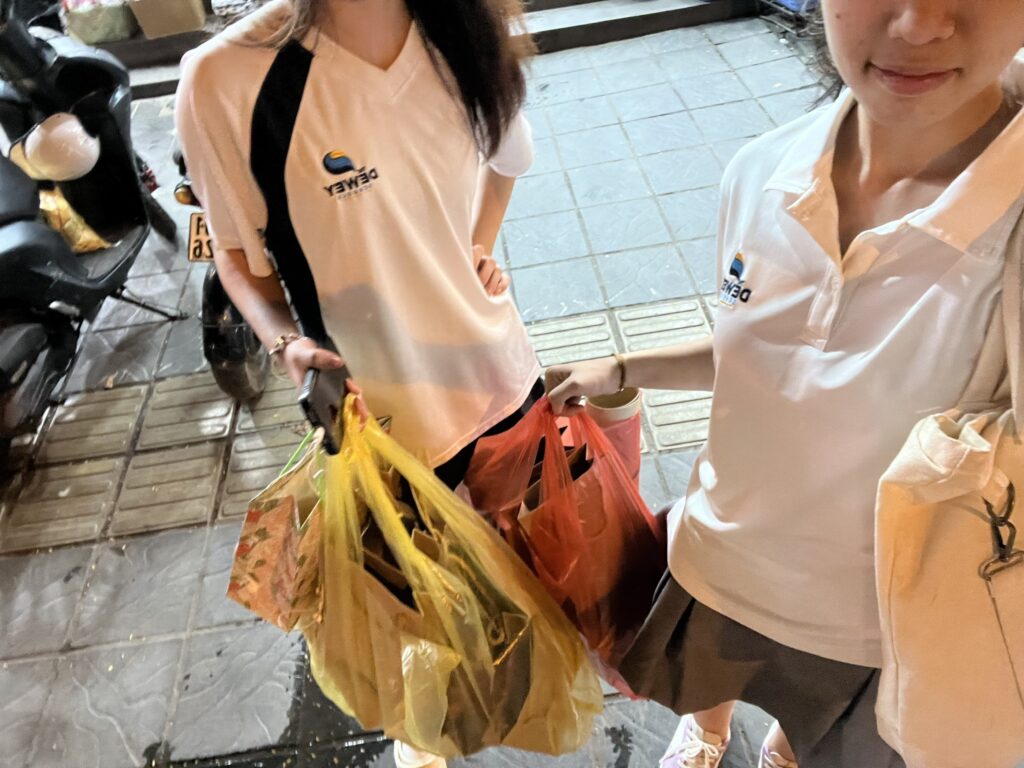
Professional Santas 🎅
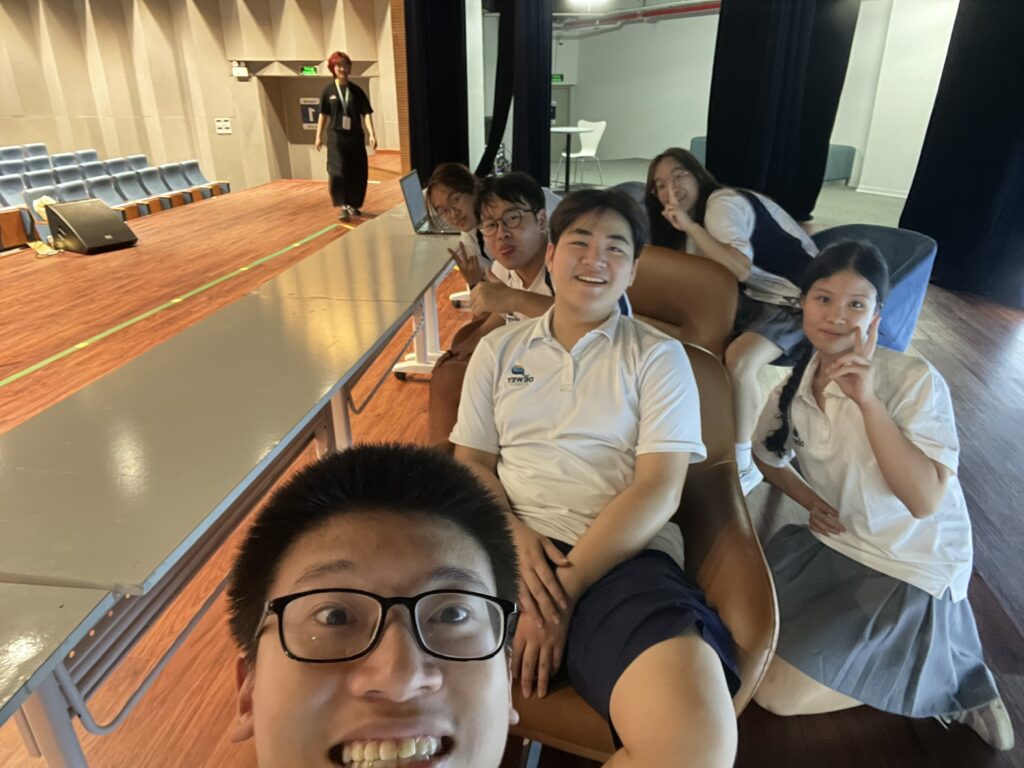
Next STUCO election plotting 🗳️
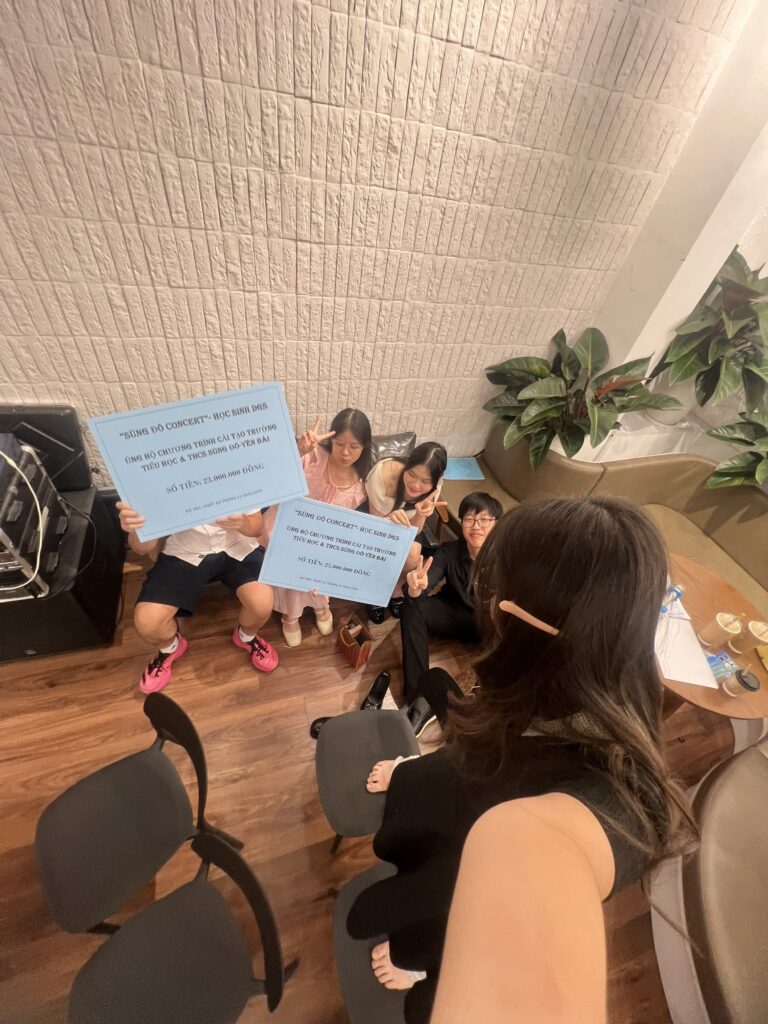
Sung Do concert backstage ninjas 🕶️
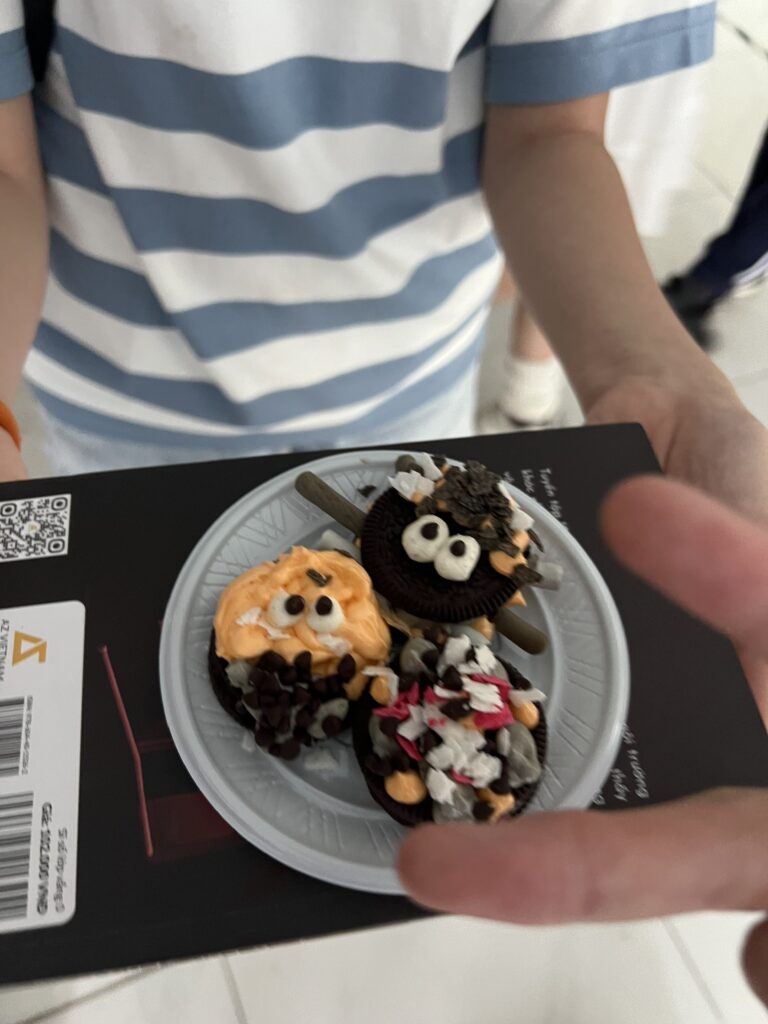
Spooky Halloween Oreos 🎃👻
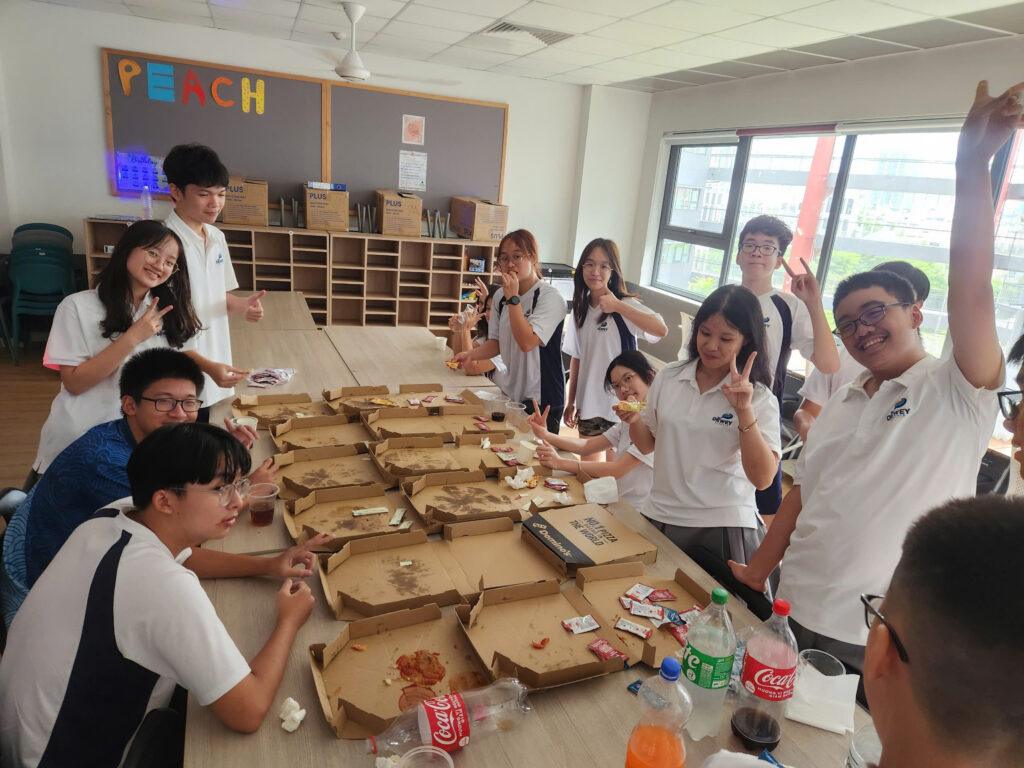
All pizzas? Vanished 🍕
SOCIETY
The lessons I carried from DGS, being part of a pioneering class, building traditions from scratch, and creating structures where none existed, shaped how I see leadership beyond my school. To me, leadership means being willing to take the first step into spaces that don’t yet exist, and leaving behind something others can continue.
That belief guided me when I founded Sustentia, the first ESG project in Vietnam led by high school students. With a team of more than thirty peers, we organized monthly classes for underserved students in suburban Hanoi, collaborated with We Are The World to produce a series of ESG training videos, and developed a curriculum on environment, social responsibility, and governance. One of the most meaningful parts was working with students in three public high schools to create their first student governments, demonstrating the G(Governance) in ESG.
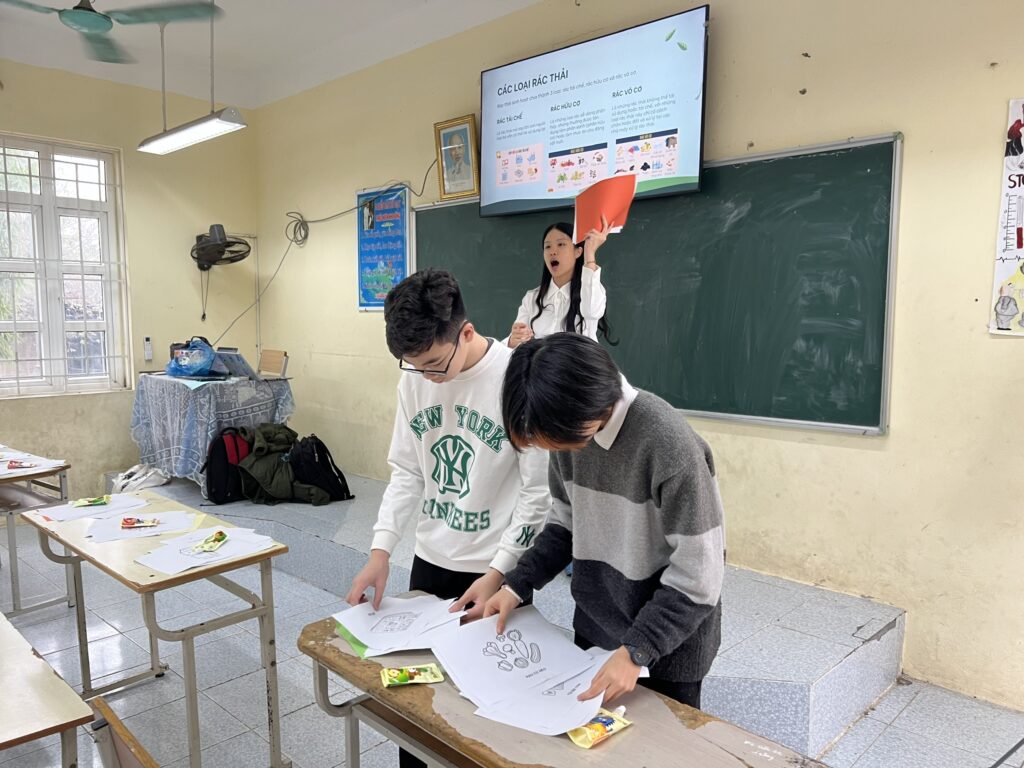
Sorting battle ♻️
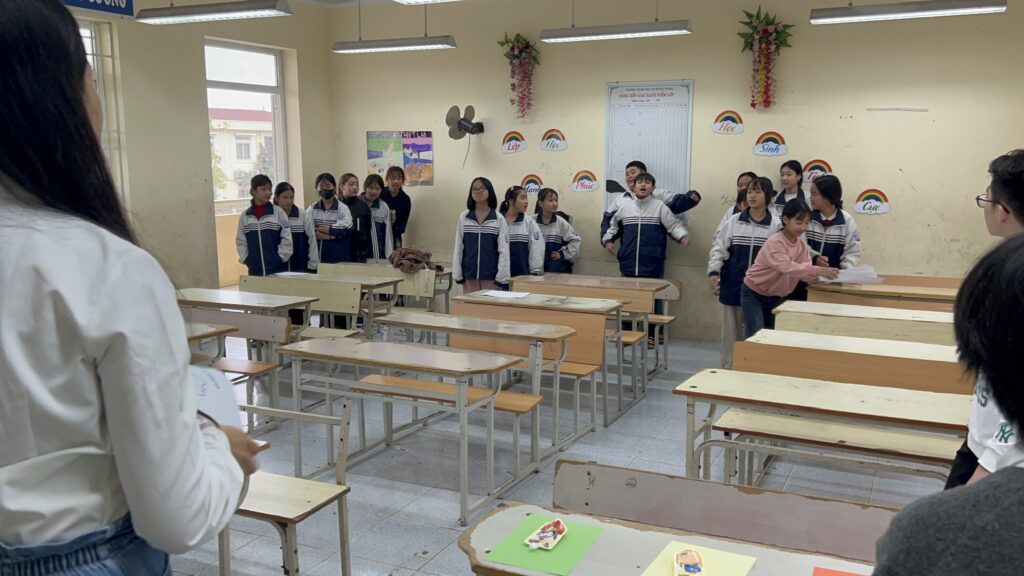
Run fast, sort fast 🏃
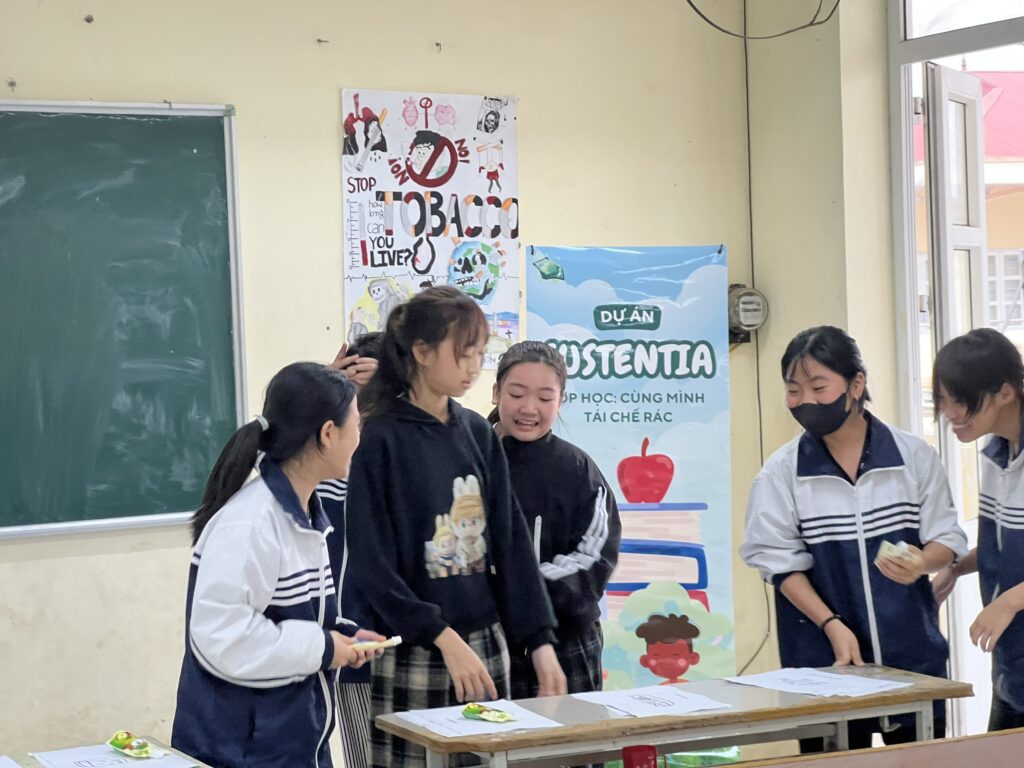
Green waste? Red waste?
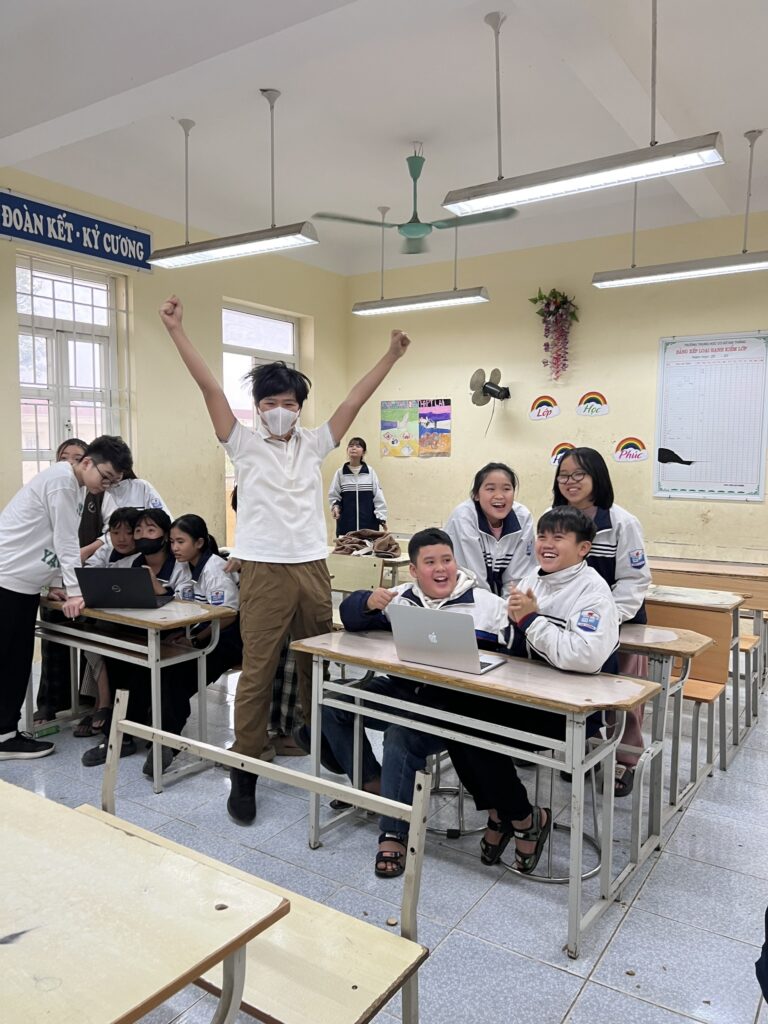
Victory dance unlocked 🏆🕺
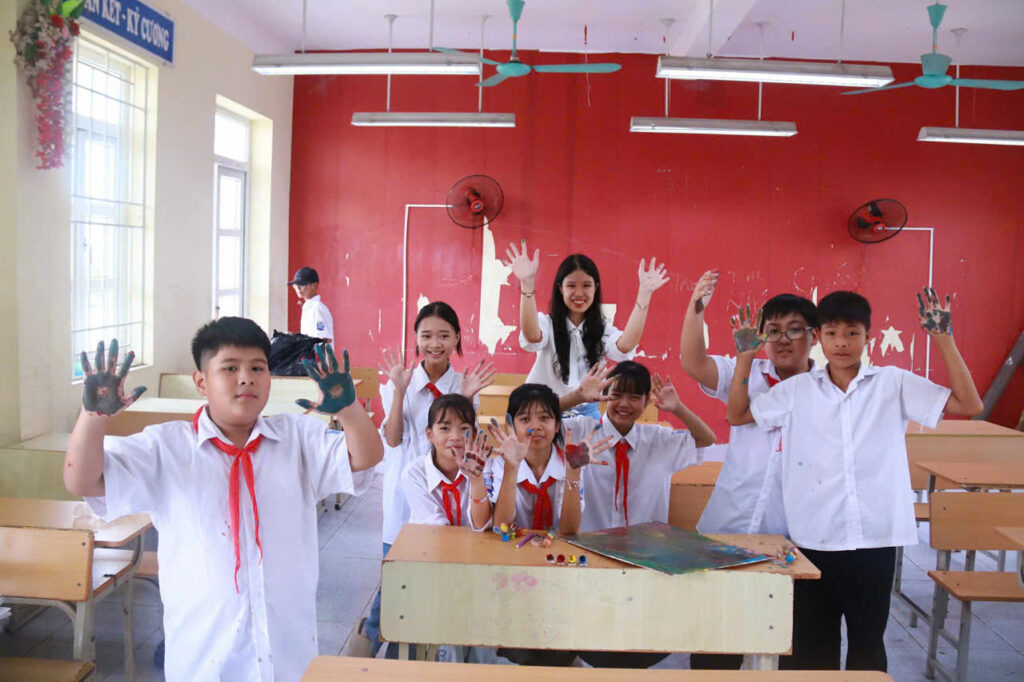
Phu Xuyen squad (still with colorful hands) 🎨
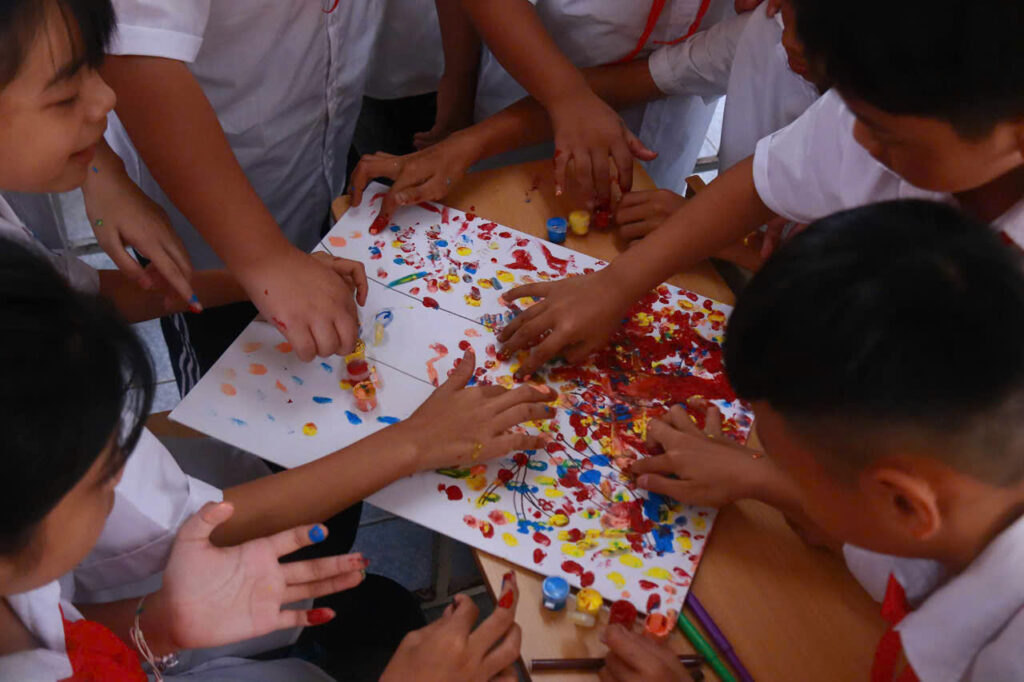
The magic fingerprint (hope) tree 🌳
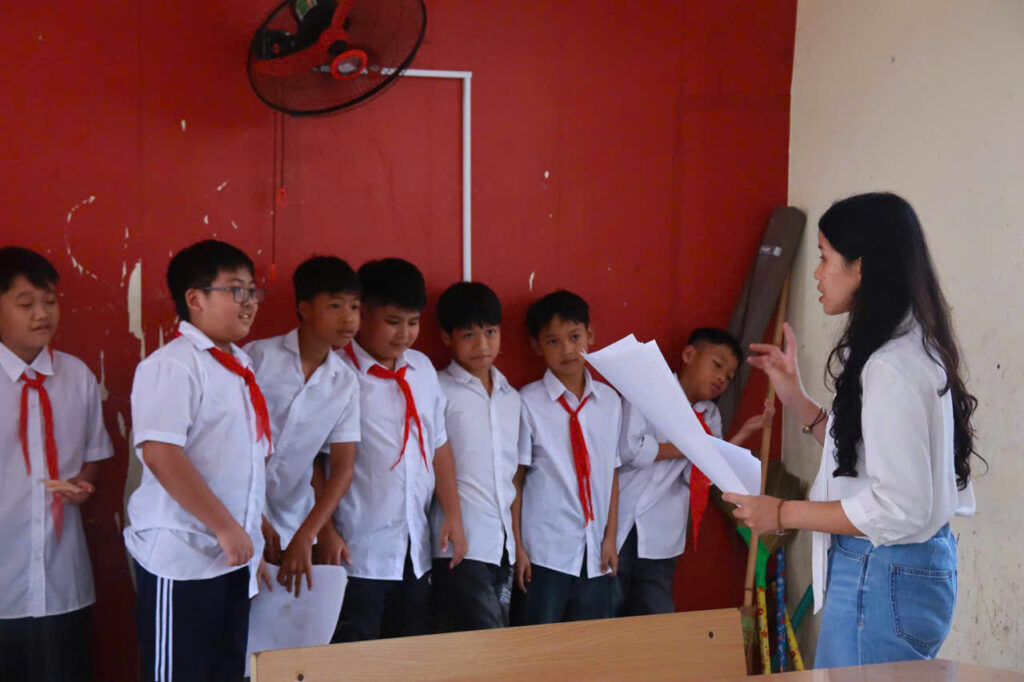
Cross the river game! (leadership skills application)
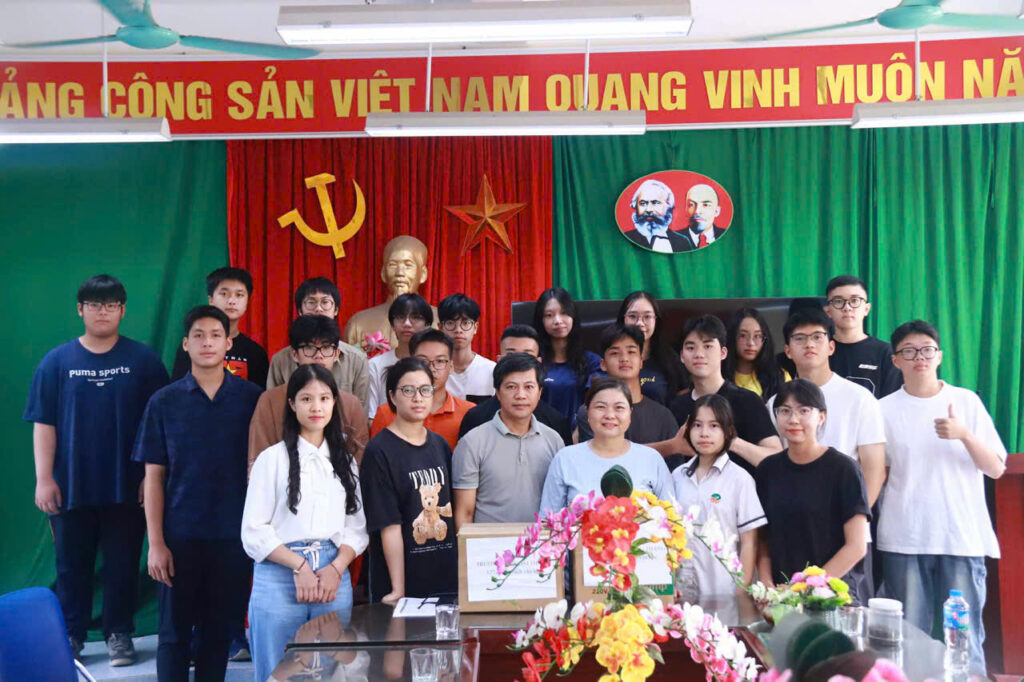
First Student Council we established
“Behind the scenes of our ESG videos 🎬”
Just as prom and TEDx became traditions at DGS, I hope Sustentia will become part of a broader movement of civic engagement led by young people in Vietnam. Being first only matters if it makes it easier for others to follow, and that is the foundation I want to leave behind.
“Official ESG videos in collaboration with W Project 🎬”